Bolsheviks and Beyond: Revisiting John Reed's "Ten Days that Shook the World"
Democratic Left
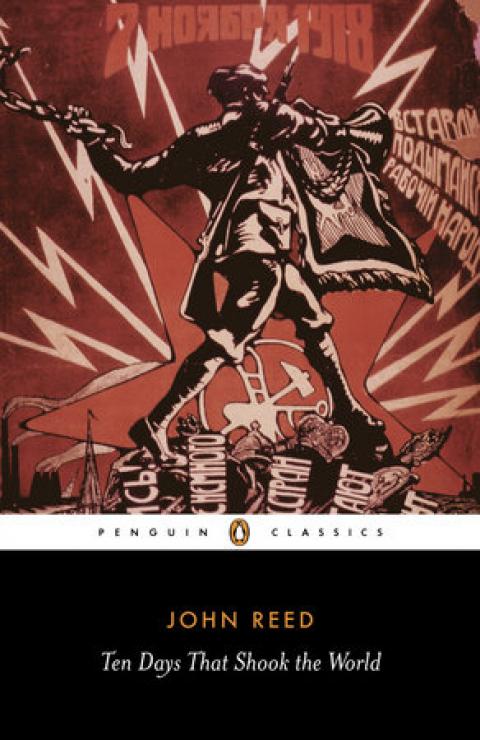
On the centennial of the Russian Revolution, John Reed's first-hand look at the uprising of workers, peasants, soldiers and sailors is fit reading about a mass movement that overthrew the old aristocracy and then the bourgeois class itself. An exposition on ordinary people making history for themselves, the book is a gripping account of events in Petrograd, when Lenin and the Bolsheviks lead the various workers councils in finally seizing state power.

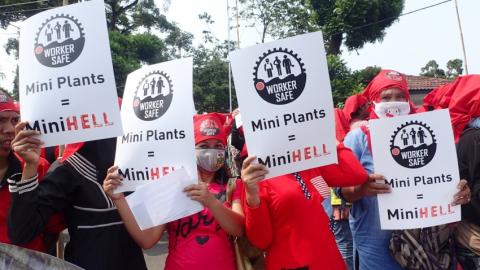
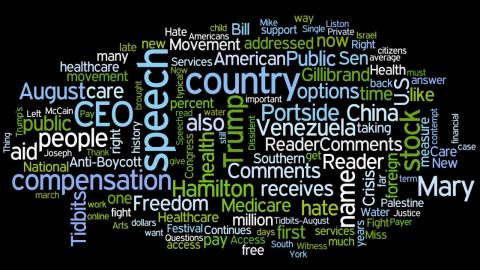
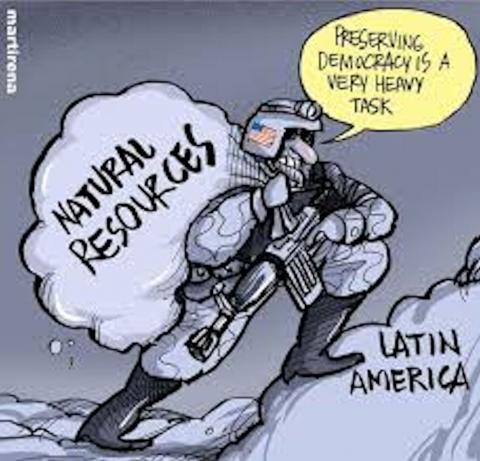
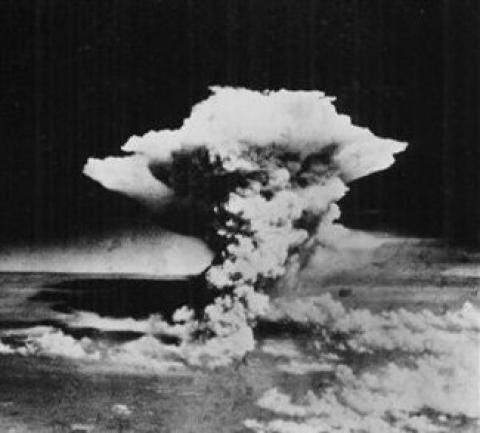



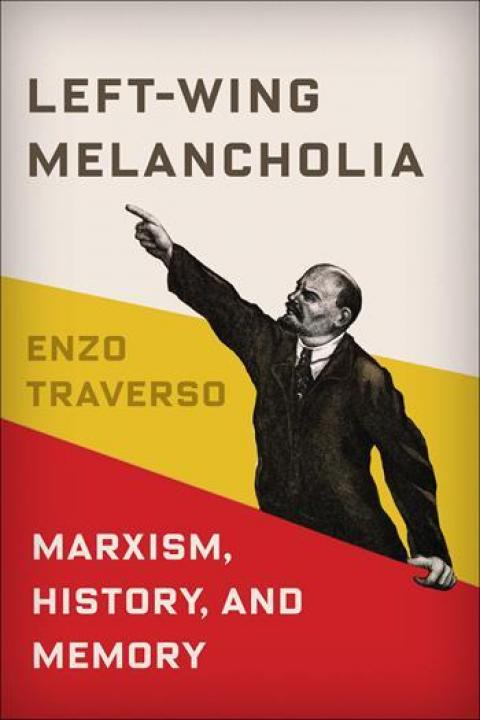
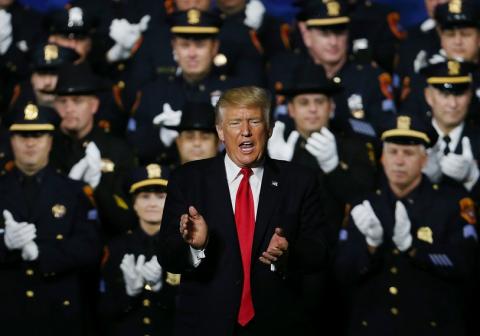
Spread the word